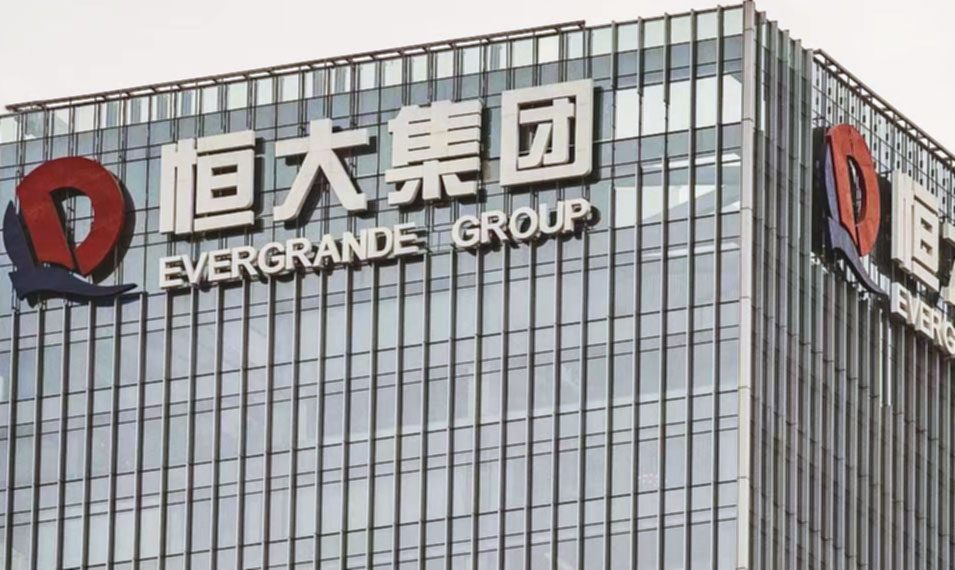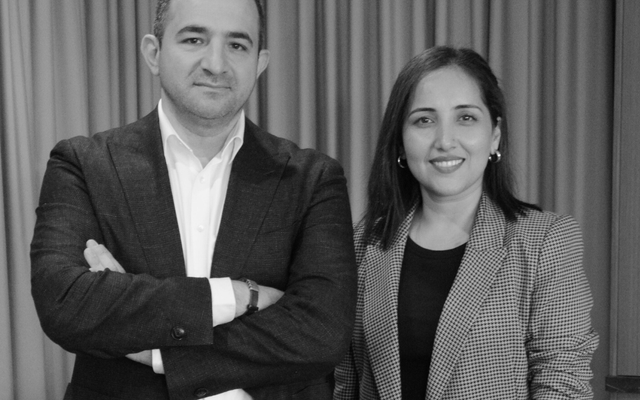This article is from the Australian Property Journal archive
THE world’s most indebted developer, Chinese giant Evergrande, is hoping to revise a debt restructuring plan that could stave off liquidation.
Evergrande, which has circa US$327 billion in liabilities, was given a five-week reprieve by a Hong Kong court this week to come up with a deal.
The company’s lawyer said it was working on a revised plan to “monetise the value” of its two Hong Kong-listed units – Evergrande Property Services Group and Evergrande New Energy Vehicle Group, Reuters reported.
Sources told Reuters that the initial plan that the revised plan includes allowing Evergrande creditors to swap their debt into equity and bonds tied to these units.
Evergrande had a $23 billion offshore debt restructuring plan in the works, but that dissipated when it was confirmed last month that billionaire founder Hui Ka Yan had been detained by Chinese police and put under surveillance, and that he was reportedly being investigated over allegations that he attempted to assets offshore while the company struggled to finish projects.
Evergrande had been disallowed by mainland regulators from issuing new dollar bonds due to an investigation into its flagship property unit. That plan also included options such as equity-linked instruments backed by Evergrande and the two listed units. However, Evergrande did not get the 75% of votes required in one of its debt classes to pass the restructuring terms, multiple sources told Reuters, suggesting it was already having a difficult time getting creditors onside.
China’s property sector has been reeling since Evergrande, dubbed the world’s most indebted developer, defaulted on debts two years ago following Beijing’s “three red lines” crackdown on the amount large developers could borrow. Last week, China’s biggest private developer, Country Garden was deemed to be in default on a dollar bond for the first time, failing to pay the US$15.4 million interest on a US$500 million note due in 2025.
Country Garden recently said it expects it will “not be able to meet all of its offshore payment obligations when due or within the relevant grace periods”, its sales were “under remarkable pressure”, and available funds had declined further. It posted a US$6.72 billion first-half loss and now has US$200 billion in liabilities.
The company has just furthered its Australian asset sell-down with the divestment of Melbourne estate Windermere for a reported near-$250 million. It is also looking to offload the $2 billion Wilton Greens estate in Wollondilly Shire, south west of Sydney.




